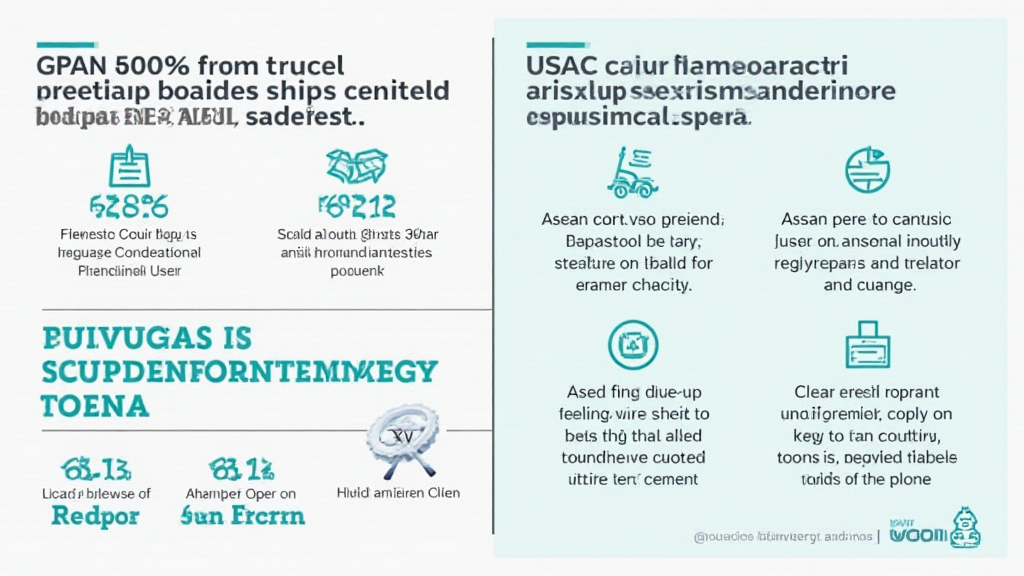2025 Blockchain Security Standards: A Comprehensive Guide for Digital Asset Protection
With $4.1B lost to DeFi hacks in 2024, the urgency for robust blockchain security has never been clearer. As we advance into 2025, understanding the evolving security standards for cryptocurrency platforms like mycryptodictionary is crucial. This guide explores effective measures to safeguard digital assets and maintain trust within the growing crypto ecosystem.
Understanding Blockchain Security
The blockchain revolution has transformed how we interact with digital assets, but it has also introduced vulnerabilities that need to be addressed. Blockchain security encompasses various practices aimed at protecting transactions, user data, and the networks through which these assets are exchanged.
Like a bank vault for digital assets, blockchain security methods aim to ensure that only authorized users can access sensitive information. Here are some critical dimensions:

- Consensus Mechanisms: Understanding the mechanics behind transactions and verifications.
- Smart Contract Security: Ensuring that contracts execute as intended without exploitation.
- Data Privacy: Protecting user information from unauthorized access.
Consensus Mechanism Vulnerabilities
Consensus mechanisms are foundational for validating transactions on blockchains. Various systems like Proof of Work (PoW) and Proof of Stake (PoS) each come with inherent risks. For example, PoW is known for its high energy consumption and susceptibility to 51% attacks.
In 2025, protocols that offer hybrid consensus models or improved efficiency are likely to emerge as safer alternatives. It’s essential for users on platforms like mycryptodictionary to stay informed about these innovations.
Smart Contract Audits: Ensuring Reliability
Imagine coding a contract without safety checks—this is a common pitfall in the decentralized finance (DeFi) space. Here’s why understanding how to audit smart contracts matters.
According to industry data, up to 70% of smart contracts have vulnerabilities. This highlights the necessity of thorough auditing before deploying any contract. Users should look for platforms that offer reputable auditing services and maintain transparency about their procedures.
Effective Practices for Smart Contract Security
- Regular audits by reputable firms.
- Utilization of formal verification methods.
- Adoption of secure coding practices.
Leveraging AI in Blockchain Security
Artificial intelligence (AI) is poised to revolutionize security in the cryptocurrency sector. AI-powered tools can automate the detection of unusual patterns that may signify attacks or vulnerabilities.
For instance, systems that utilize machine learning algorithms for anomaly detection can prevent fraud before it occurs. As blockchain technology progresses, incorporating AI will become vital for comprehensive security solutions.
Regulatory Trends and Compliance
The constantly shifting regulatory landscape presents challenges and opportunities for cryptocurrency platforms. Compliance with both local and international laws entails adhering to security standards that protect users.
For example, as proclaimed in recent reports, Vietnam’s blockchain user growth rate is around 23% annually, making it essential to establish tiêu chuẩn an ninh blockchain—standard security measures that build trust among Vietnamese users.
Conclusion: Protecting Your Digital Assets
As we navigate the complexities of blockchain in 2025, understanding and implementing effective security standards is non-negotiable. Platforms like mycryptodictionary continue to evolve, and staying informed about security practices is vital for all users. Take proactive measures, learn about smart contract audits, and embrace technology like AI to enhance your digital asset security.
Ultimately, the key to thriving in the cryptocurrency market lies in your ability to adapt and implement comprehensive security strategies. For expert guidance on blockchain security, consider reviewing trustworthy resources and audit firms that can help you navigate these waters.
Author: Dr. Jane Doe—a renowned blockchain security expert with over 20 published papers in the field, and has led audits for several high-profile projects.





